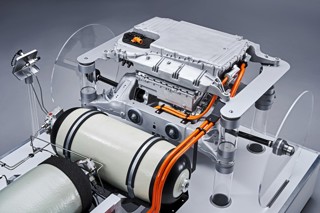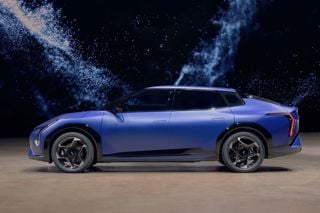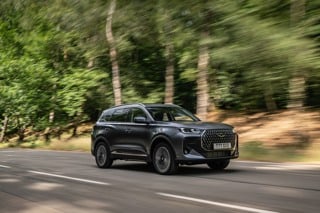Using hydrogen to reduce fleet CO2 emissions to achieve the Government’s ‘net zero’ 2050 target is being examined by two utility companies.
The two gas distribution networks – Northern Gas Networks and Wales & West Utilities – are working on a project with Cenex to identify the hydrogen refuelling infrastructure needed to meet their vehicle duty cycle and power demands.
Gas distribution networks operate a wide range of vehicles, with specific usage profiles and weight limitations, and have very high onboard energy demands due to the use of specialised equipment, and the need to provide power to hand tools in remote locations.
Nick McCarthy, technical specialist at Cenex, explained: “Utilities companies are required to respond to emergency calls and complete essential repairs at a moment’s notice.
“The vehicles used must carry heavy equipment, travel long distances, travel off road, and provide power to tools at the work site.
“As we look to achieve net zero targets, hydrogen is proving a viable solution to these challenges.”
As hydrogen fuel cell vehicles are not yet readily available, Cenex will use a combination of telematics and other operational data to produce a ‘heat map’, indicating what proportion of existing journeys can be completed by an equivalent hydrogen vehicle. This ‘heat map’ will inform the specifications and locations of the necessary hydrogen refuelling solutions.
The results of the work will help Northern Gas Networks and Wales & West Utilities to better understand the benefits of using hydrogen powered vehicles across their respective networks and allow them to plan for depot-based hydrogen vehicle trials in the future.
McCarthy said: “Cenex will use its experience in hydrogen transport and infrastructure to assist Northern Gas Networks and Wales & West Utilities in measuring the total energy demand of their fleet, including emergency response vehicles. This is the first step towards real world hydrogen vehicle trials and zero emission fleets."
Northern Gas Networks is aiming for 50% of its fleet to be made up of ultra-low emission vehicles, including hydrogen vehicles, by 2026.
Sarah Cooper-Birkenhead, fleet and plant manager at Northern Gas Networks, said: “By scoping the practicalities of running a hydrogen-powered fleet, this project can help gas distributors make the transition more effectively.”
Lucy Mason, innovation manager at Wales & West Utilities, added: “Green gases like hydrogen not only have an important role to play in the future of energy - heating our homes, powering businesses, and keeping the lights on - they can also help decarbonise transport.
“This project is a great opportunity for us to understand the role hydrogen vehicles can play in our own fleet and help us deliver for the communities that rely on us across Wales and South West England.”
Both companies are being supported by the EIC (formerly the Energy Innovation Centre). Anthony Reid, innovation engineer at EIC, says it is encouraging to see the deployment of hydrogen powered vehicles is being prioritised, as part of the networks business strategy.
Cenex was established as the UK’s first Centre of Excellence for Low Carbon and Fuel Cell technologies in 2005.
It focuses on low emission transport and associated energy infrastructure and operates as an independent, not-for-profit research technology organisation (RTO) and consultancy.






















Login to comment
Comments
No comments have been made yet.